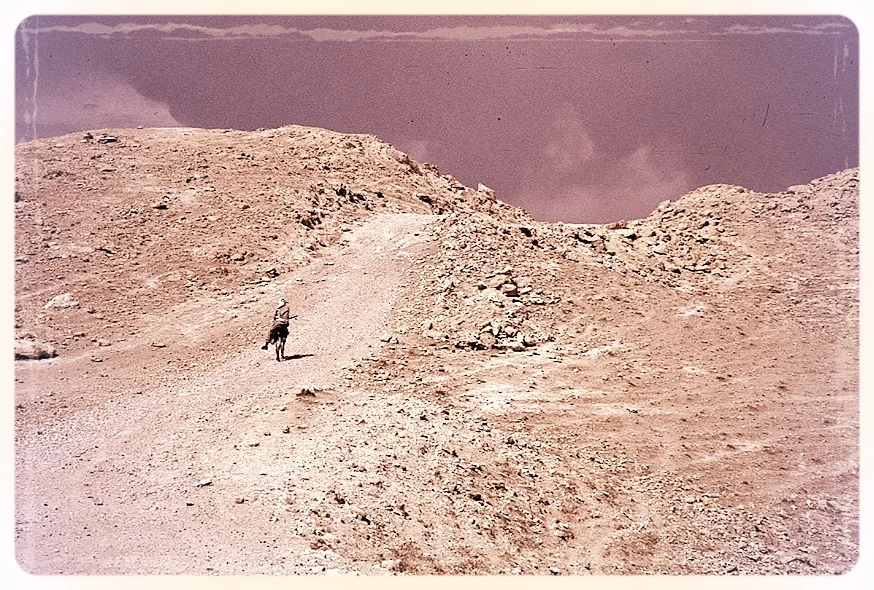Mindful obedience sets us free because it balances the heart on the eternal. Never finished, always imperfect, always getting up again, always needing sound advice from others, always desiring, or wanting to desire, the eternal.
Welcome to our “little cloister”
where we
EXPLORE MONASTIC WISDOM FOR EVERY DAY LIVING
Drs. Almut & Chuck with little one
Home of
+The Hildegard Seminar,
+Kierkegaard Masterclass,
+Bach Passionweek Consolations,
+The 12 Days of Christmas Contemplations &
+The “Little School” of Spiritual Formation




